Is Emirates Hurting Their Brand With “Basic” Business Class?
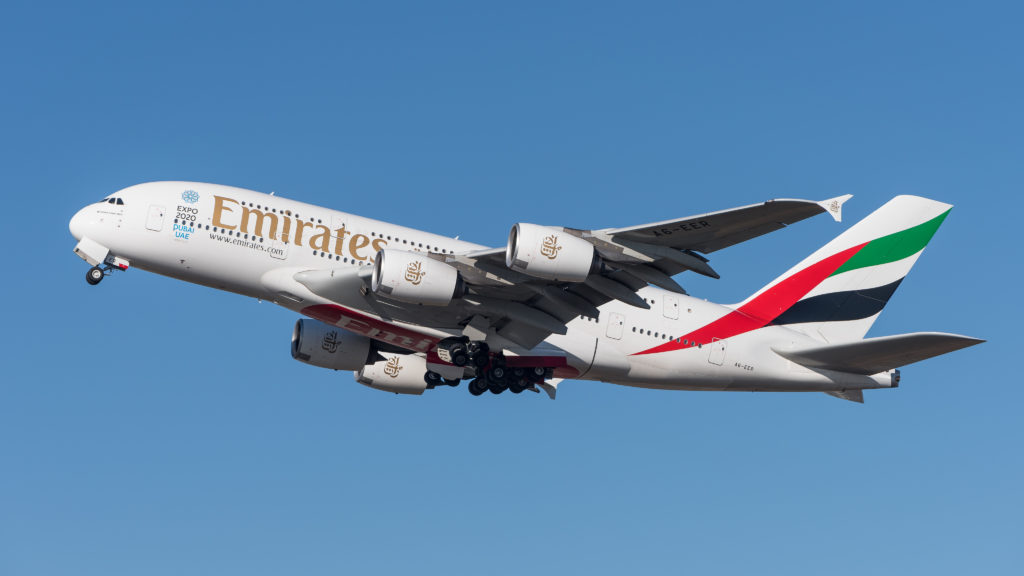 When you think of flying business class, you probably think of all the perks that come along with it. The flatbed seat, champagne, lounge access, and even chauffeur service. However, that could soon be changing. As first noted on m3red on Flyertalk and shared by Ben over at One Mile at a Time, Emirates appears to be introducing a “basic†business class.
When you think of flying business class, you probably think of all the perks that come along with it. The flatbed seat, champagne, lounge access, and even chauffeur service. However, that could soon be changing. As first noted on m3red on Flyertalk and shared by Ben over at One Mile at a Time, Emirates appears to be introducing a “basic†business class.
What’s changing?
With the introduction of a “basic†business class, several things will be changing.
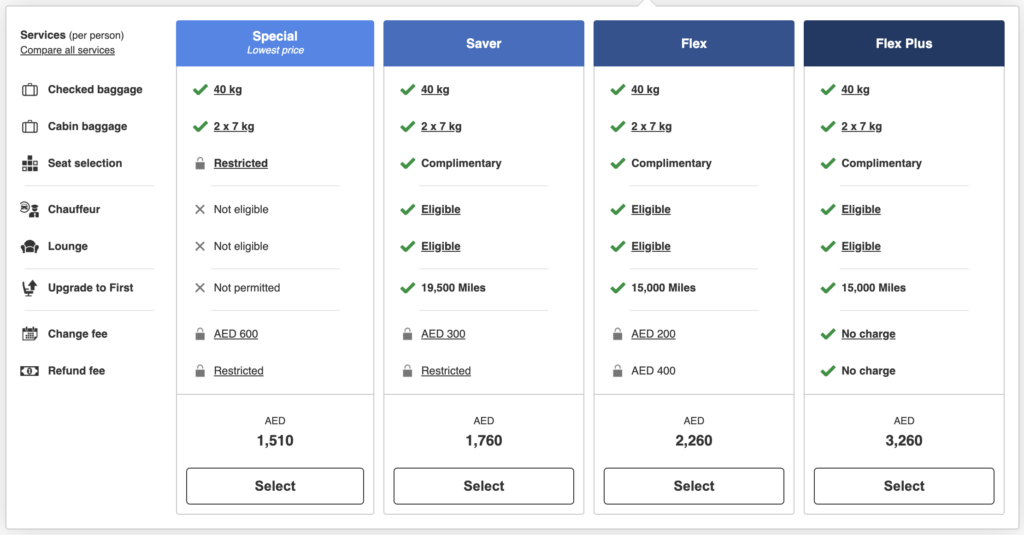 No seat selection until check-in
No seat selection until check-in
While this is an unfortunate change, Emirates isn’t the first airline to start this practice. Several European airlines already charge to select a seat in business class before check-in. While it seems silly to try to squeeze a few extra dollars out of your high margin travellers, its not the end of the world. However, this is worth noting if you’re flying on one of Emirates 777s with a 2-3-2 business class. There’s a chance you’d get stuck in a middle seat in this scenario.
No lounge access
I have mixed emotions on this one. Obviously, lounge access is a huge bonus for business class travelers. However, this can be offset if you have a premium card with Priority Pass lounge access. There is at least one Priority Pass option at all 11 of Emirates US destinations. In addition, there are also tons of Priority Pass lounge options in Dubai. The easiest way to get a free Priority Pass membership is through a premium credit card such as the Chase Sapphire Reserve or The Platinum Card from American Express. Emirates even uses some of the same lounges you’d access through Priority Pass, like The Club at Seattle!
Where this could really make a difference is for those transiting through Dubai. A huge part of Emirates route strategy is using its connectivity through Dubai. If you have a layover in Dubai, it would be nice to have a quiet space to get some work done. Again, this can be offset by a Priority Pass membership, but I realize there are still many people who don’t have one. You can still pay $100 for lounge access, but there are better uses of the money, in my opinion. While Emirates lounges may be nicer, I’d still rather save the $100 and go to a lesser lounge. To each their own though.
No chauffeur services
This is another nice to have, but probably not as critical. If you’re a business traveler, you probably have the ability to expense a cab or Uber anyway. A black car is certainly nicer than either of those options. I’m just not sure it’s hundreds of dollars better when you have other options for getting to the airport.
No upgrades to first class using cash or miles
This one is pretty self-explanatory, but still a bummer for those hoping to get a cheap business class fare and upgrade to first using miles.
Earning implications
 The new business class “special†fares book into the H fare class. For Emirates Skywards program, the new fare will earn miles at the same rate as economy flex plus tickets.
The new business class “special†fares book into the H fare class. For Emirates Skywards program, the new fare will earn miles at the same rate as economy flex plus tickets.
On Alaska, the H fare class is currently listed as a discounted economy ticket, earning 50% of the mileage flown. At this time, it’s unclear whether this will change as a result or not. I’d assume this fare class will receive a bump up in earning and join the rest of Emirates business class fares. We all know what happens when you assume though…
A little background
To understand the larger implications of this, we have to look back to earlier this decade. Back in 2012, Delta became the first major US carrier to introduce basic economy. Delta argued that in order to keep up with Low Cost Carriers (LCCs) such as Spirit and Frontier, they needed to provide a comparable offering. By “unbundling†fares, the airline claimed they could match the LCCs on prices while still offering a superior on-board product and operational reliability.
As is the case with many things in the airline industry, if one airline does it, it’s only a matter of time until the others follow.
Thanks to post-merger integration, it took American and United several years before they rolled out the feature to their customers as well. However, in early 2017 both airlines introduced the product. American slowly rolled out the product, while United quickly implemented the fares on the majority of their routes.
When American and United introduced basic economy, their fares were also significantly more prohibitive than Delta’s. While Delta offered free carry-on luggage, American and United eliminated carry-on luggage, seat selection, and reduced mileage earning. American rolled back their carry-on restrictions in late 2018, but United still has theirs in place.
The airlines championed basic economy as a way to offer cheaper fares to their customers. In reality though, standard economy fares increased. If economy passengers wanted to receive the same benefits they had prior to basic economy, they’d have to pay more. There have already been reports of this being the case for Emirates new basic business fares as well.
We know basic economy is a negative change for consumers, but what about the businesses?
The positioning problem
Basic economy is a way for legacy carriers like Delta, American, and United to try to be everything to everyone. Unfortunately, in most cases, this is not a successful business model.
From a branding standpoint, this creates a bit of an identity crisis. Airlines like American and British Airways want to be viewed as premium airlines and demand a revenue premium. At the same time, they also want to capture the budget traveler that only takes one or two flights a year.
Why is this a problem? Think about it this way: if you go to Walmart and get a low quality item for $5, you’re probably not too upset. You expected Walmart quality goods at Walmart prices. What if you went into Saks Fifth Avenue and saw them selling Walmart’s products across from their jewelry counter? Would you still think of Saks as a high-end retailer? Probably not. Suddenly, you’d have a hard time justifying paying premium prices for what you no longer consider to be a premium product.
Doing things like introducing basic economy, removing seatback entertainment, reducing seat pitch, and devaluing loyalty programs do not represent a premium brand. Despite what Doug Parker may believe, customers do not view these changes of something a premium airline would do.
It’s one of the reasons we’ve seen American’s profits and share price tumble over the past few years. It’s one of the reasons British Airways has seen their net positivity score plummet the past several years as well. Emirates is not immune to this risk.
Ok, so how does this relate to Emirates?
Emirates has positioned themselves as the premium airline in the world. They’ve done this in part, thanks to incredible marketing. Even if you’re flying in economy, when you mention Emirates, most people will think of “the airline with the on-board shower, bar, or chauffeur service”.
Even in business class, people think they’re getting a superior product, despite some seats still being angle-flat and their 777s having a 2-3-2 layout. The majority of fliers will never experience the luxurious elements they associate Emirates product, but still perceive it that way anyway.
Customers will adapt and other airlines will likely follow, but this still risks damaging the brand. A business can be a premium brand or a business can be a budget brand. A business cannot be everything to everyone and still be successful. Is it really worth pissing off high margin customers over a few hundred extra bucks in incremental revenue?
Will this move will pay off for Emirates in the long run or will it be the beginning of the brand’s downward trajectory? Only time will tell.

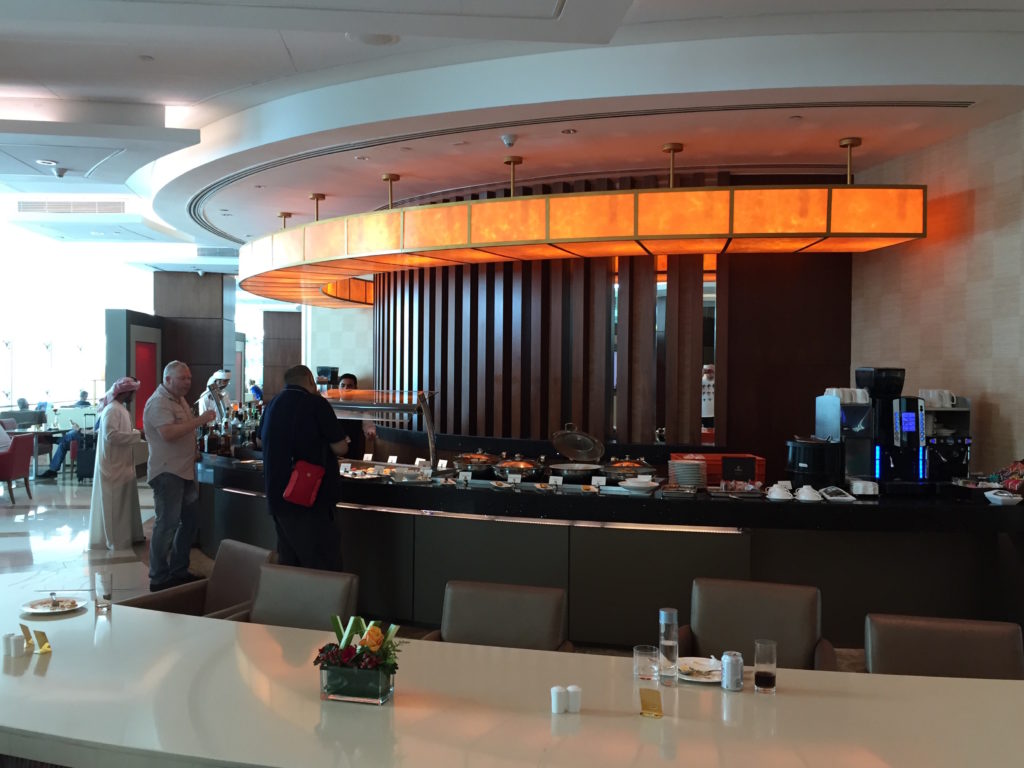
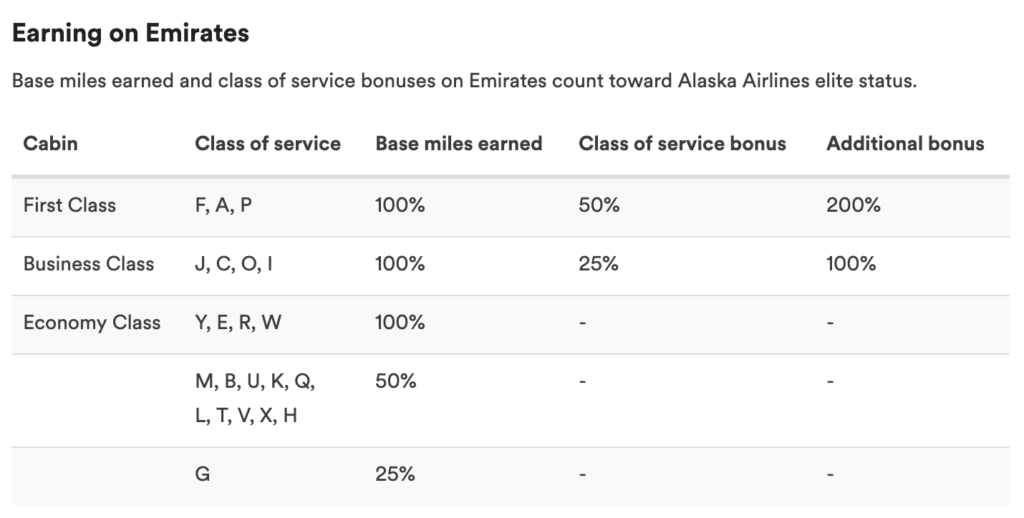
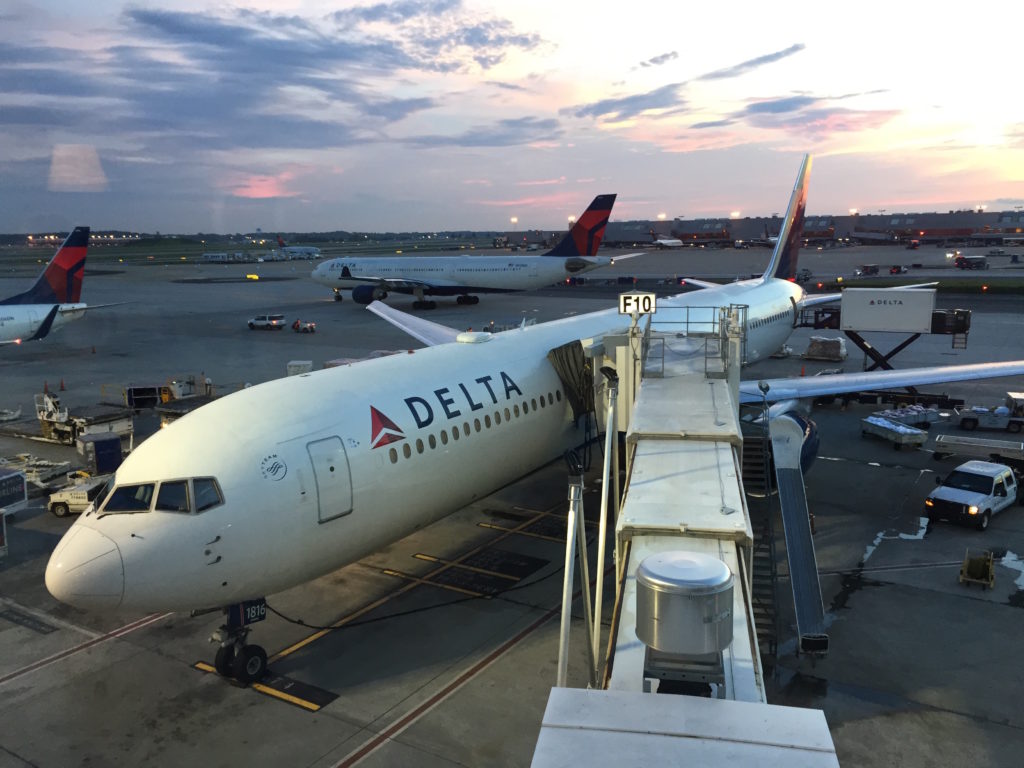
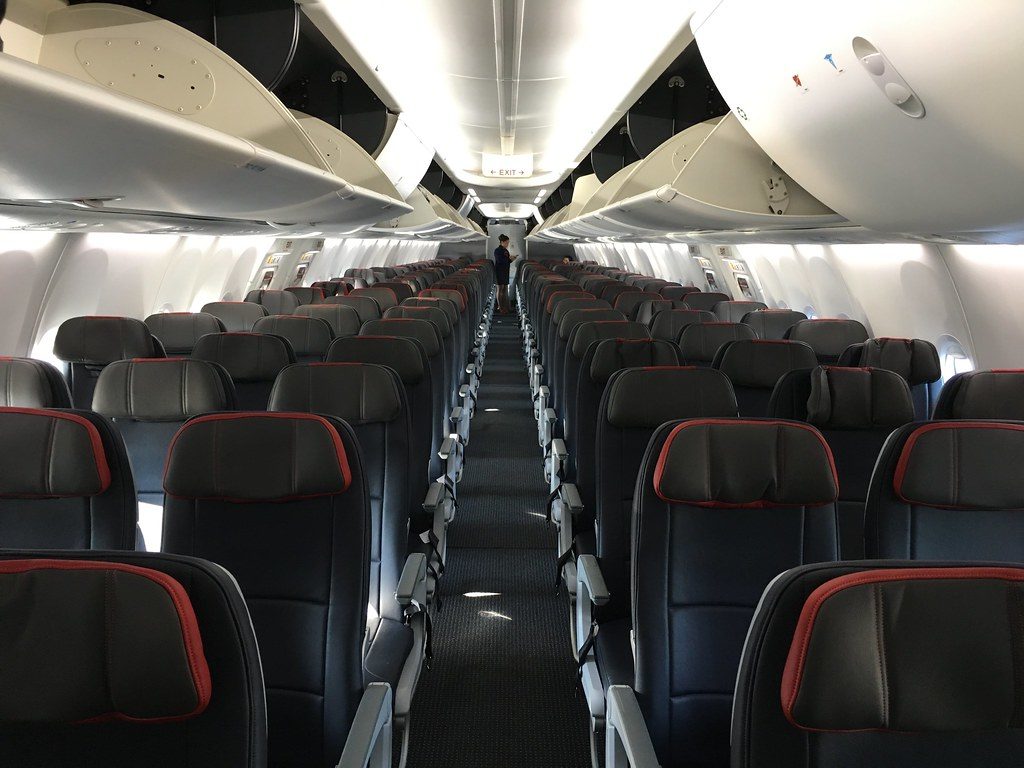
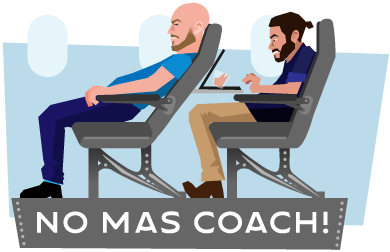

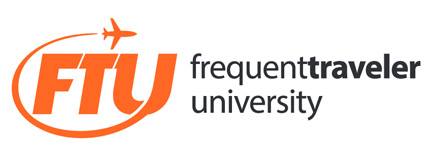


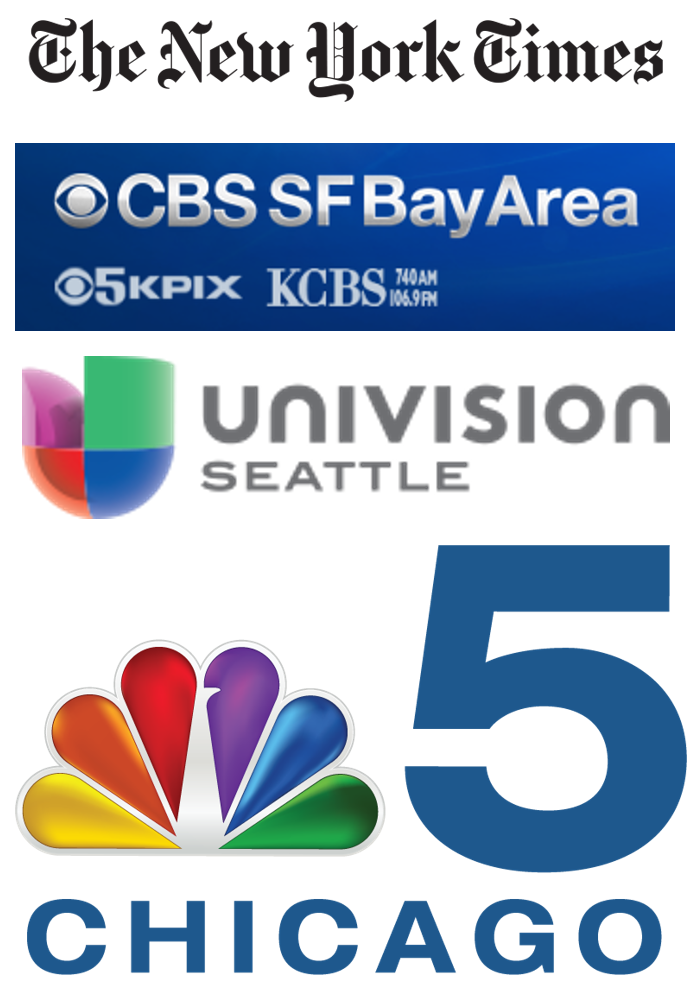
June 16, 2019
Should have been sold as premium economy or even named Family Traveler or Tourist class
Then it becomes the deluxe version of a lower class Instead of the cheap business
June 17, 2019
That’s the hard part – once you step onboard the plane, everything is the same business class experience. You get the same seat, the same food, the same service. It’s hard to differentiate at that point. It’s the on-the-ground experience that differs. You can’t call it a different class because you’re still sitting in a business class seat, but clearly the experience before and after is cheapened.